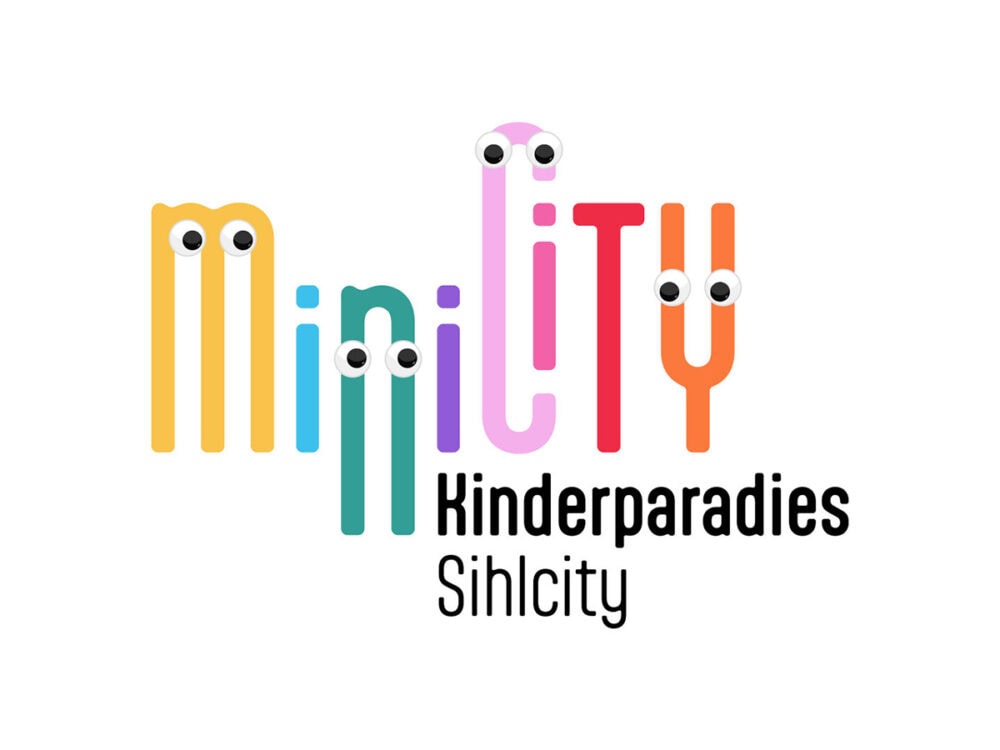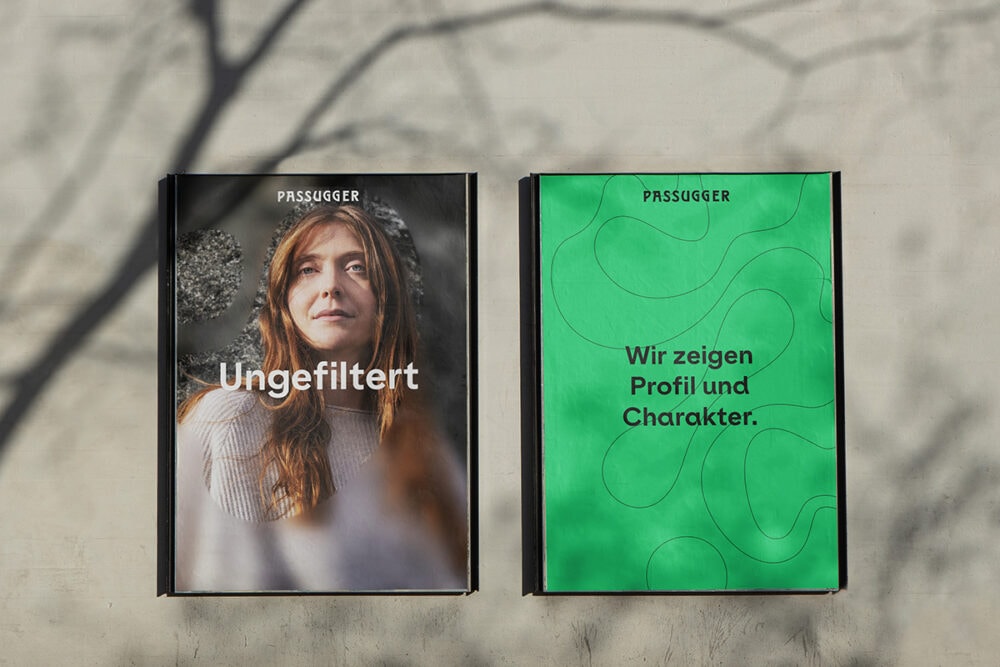Brand Asset Valuator: Digital brands dominate ranking
The war in Ukraine is currently affecting consumer behavior and thus also brand perception in Switzerland. The Brand Asset Valuator shows which brands are the most respected in Switzerland: Apple and Microsoft are among the top 5 strongest brands in Switzerland for the first time, Coop loses 8 ranks.

Tech brands push forward
The biggest winners in the top 10 this year are the technology brands Microsoft, Apple and Samsung. They have made massive gains and are in the top 10 for the first time. Microsoft moves up 17 places to land in third place; Apple is close behind in fourth place (+26 ranks); and Samsung makes up an impressive 35 ranks to land in sixth place in the overall ranking. With Google still unchallenged in first place, as well as WhatsApp and YouTube, this means that 7 of the top 10 brands are from the digital sector.
On the one hand, this may have to do with the fact that technology and digital platforms have become an integral part of everyday life. Especially in the post-Corona era, which is characterized by remote work, zoom or team meetings, and digital interaction, these brands are becoming increasingly important for everyday life. This strengthens the familiarity but also relevance of these brands. On the other hand, brands like Apple or Samsung have a high pace of innovation. And since innovativeness is one of the main drivers behind brand vitality, these brands can put themselves at the top of the winners.
Another brand that made it into the top 10 for the first time is Victorinox. The Swiss original is celebrating its 150th anniversary this year and is therefore probably particularly present in the minds of the Swiss. Beyond that, however, the brand has also done quite a bit in recent years to stay fresh and up-to-date. Not for nothing was Victorinox honored with the Swiss Marketing Award by the Gfm in October (Werbewoche.ch reported). No longer in the top 10 is the company Coop, which loses 8 ranks and "only" lands in 15th place.
Four pillars of brand strength
In the most differentiated brands, Tesla and Apple are the clear winners in the first two places. Lego and IKEA also score here and, as in the previous year, land in the top 5. Dyson was included in the list of 800 brands surveyed for the first time this year and promptly lands in 4th place, just like the Swiss vitamin drink Focus Water in 9th place. The Swiss sneaker brand On can improve by 166 ranks and moves up to 6th place. However, "Swissness" no longer seems to be a driver in the differentiation: the Swiss originals Rega, Toblerone, Ovomaltine, Rivella and Ricola all slip out of the top 10.
In terms of relevance, the well-known brands can defend their top positions. Migros, WhatsApp, Google, Coop and Microsoft are once again among the most relevant brands in Switzerland. Twint improves by 37 positions to rank 6. In 2022, supermarkets and digital brands will still be enormously important for Swiss consumers, not only among the top 10, but in the overall ranking.
There are also no surprises among the most trusted brands: Migros, WhatsApp, Coop, Google and Swisscom are all in the lead, similar to last year. These brands are firmly established in the everyday lives of the Swiss and are therefore very familiar. It is interesting to note that SBB has moved up seven places to 10th place. Perhaps this is an indication that the understanding of mobility is changing and people are increasingly relying on public transportation.
Major changes are visible in terms of appreciation: Migros, Victorinox and Rega are similarly far ahead as in 2021, but there is a lot going on behind them: Microsoft, Samsung, Google, Kärcher, Bosch and Zug can gain between 35 and 79 ranks and move ahead of Coop, which falls back to 10th place. There could be different explanations for this dynamic. As in the main ranking, Microsoft, Samsung and Google are very strong digital brands that are firmly established in everyday life. In the case of Kärcher, Bosch and Zug, we are talking about brands related to the household - and here the current crises certainly play a role. The term "cocooning" has previously been used to describe the phenomenon of people focusing more on their immediate surroundings in times of crisis. In addition, this year for the first time the image attributes "reliable," "high quality" and "leading brand" are included in the calculation of appreciation, and here traditional brands like this year's top 10 naturally have a clear advantage.
"Most loved brand" Migros
This year, the "Love Brands" of Switzerland are also determined for the first time. For this purpose, the survey explicitly determined per brand with a scaled question how much it is liked. Apart from WhatsApp and Google, the ranking includes a list of well-known Swiss brands. As expected, Migros lands right at the top, and the Cumulus Card is also very popular in this country. Twint, Rega, Victorinox and Caran D'Ache are also among the Love Brands. Lindt and Raclette Suisse are the only two food brands in the top 10, but there are already eight in the top 20 - including Ragusa, Ricola and Zweifel. While "Swissness" no longer seems to play a major role in brand strength, Swiss origin is apparently an absolute must if you want to be a Love Brand.
All in all, this year again shows that the brand landscape in Switzerland is constantly in flux. Some brands are moving forward in terms of perception, while others are losing ground in terms of reputation. Some of the changes certainly have to do with external circumstances such as the current crises. But it is precisely the dimensions of differentiation and familiarity that are driven by communication. Therefore, even in difficult times, an investment in advertising and marketing can be worthwhile in order to build and maintain a strong brand.
Responsible at Wunderman Thompson: Peter Petermann (Head of Strategy) Galina Helbling (Senior Strategist), Giselle Vaugne (Chief Operating Officer and Co-CEO, overall responsibility), Swen Morath (Chief Creative Officer and Co-CEO, overall responsibility). Responsible at Ogilvy: Matthias Müller (Strategy Director), Jonathan Schipper (CEO). Responsible at Scholz & Friends: Mathias Rösch (CEO).
The Brand Asset Valuator BAV is the largest and most comprehensive brand study worldwide. In Switzerland, the study has been conducted since 1995. Since this year, the study has been produced jointly in annual waves by the WPP agencies Wunderman Thompson, Ogilvy and Scholz & Friends. This has made it possible to massively expand the FOT. Now, 8,000 Swiss people aged 18-74 are surveyed annually about their brand preferences. The number of brands surveyed has more than doubled to over 800. The study is representative of the Internet population of German- and French-speaking Switzerland according to the official structural data of Switzerland. The survey period was from August 31 to October 18, 2022.











